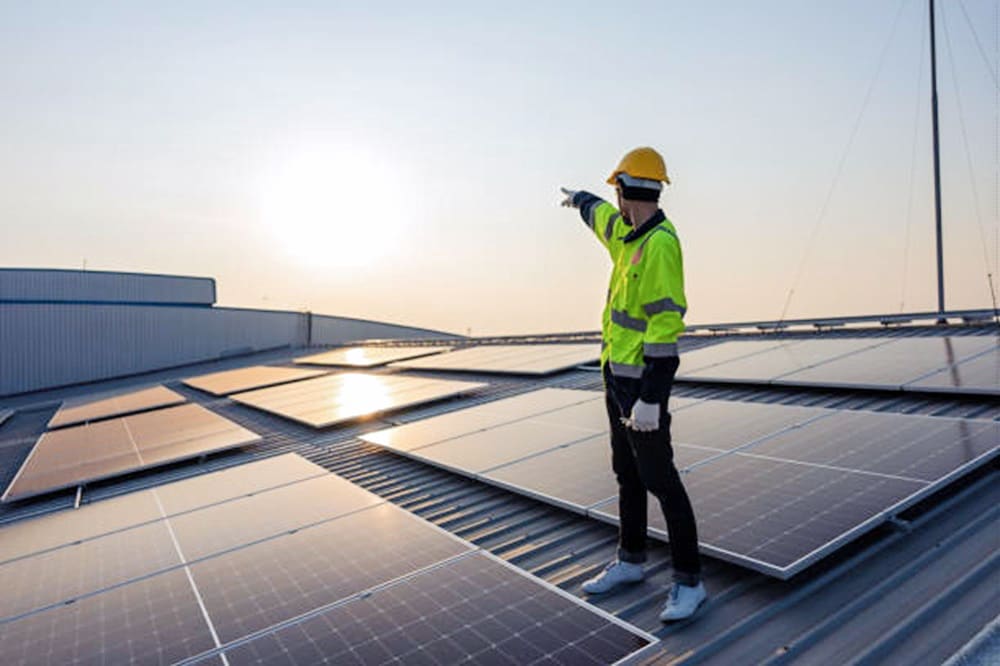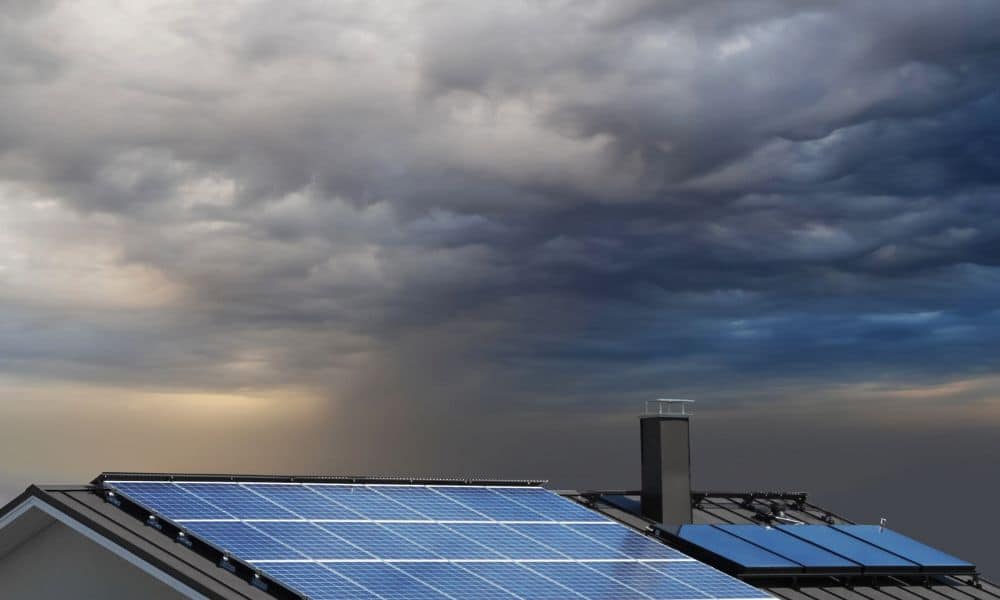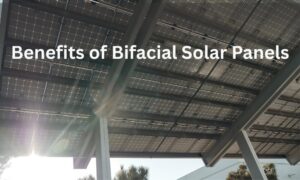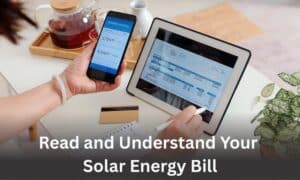Tourism ads would have most non-Australians thinking that we all live in swimwear. The truth is that a good portion of Australia ‘enjoys’ cloudy days and shorter daylight hours most of the year. Living in a part of Australia that doesn’t bask in abundant sunlight might make you question the feasibility of solar energy. The notion that solar power relies solely on copious sunshine is a common misconception. Let’s illuminate the truth about solar viability in regions with less sunlight.
Australia’s vastness ensures that solar potential isn’t confined to just the sun-soaked areas. Even in regions with relatively lower sunlight exposure, solar energy remains a viable and beneficial option. Here’s why:
Technology advancements
Advancements in solar technology have made panels more efficient in capturing sunlight. Modern solar panels can generate electricity even under diffused or indirect sunlight, which means they can still produce power on overcast days. Bifacial solar panels are becoming more common. These panels absorb solar energy from the front AND the back. This allows sunlight that bounces off your roof to the back of the panel to be captured and converted to electricity.
Adaptability and efficiency
Solar systems are adaptable and can be designed to suit specific conditions. Installers can optimise panel angles, use higher efficiency panels, and incorporate systems with energy storage solutions to maximise output even in less sunny regions. The orientation of your roof and panels can play a vital role in low-sunlight regions.

Reduced reliance on the grid
While regions with ample sunlight might experience higher solar output, areas with less sunlight can still benefit significantly. A solar installation, even in these regions, can reduce dependency on the grid and help cut electricity bills. Environmental reasons aside, saving on electricity is usually the number one reason for installing solar. You can rest assured that a well-designed system will save you money.
Government incentives and rebates
Government incentives and rebates for solar installations are not solely tied to sunlight exposure. These financial benefits can make the initial investment in solar more appealing and economically viable regardless of the region. It is important to note, however, that your location will impact the amount of the federal incentive you will receive. STCs (Small-scale Technology Certificates) factor in the system’s location when calculating the value. Areas with lower sunlight hours attract a lower STC allocation. This might mean that a 10kW solar system in Victoria may receive $500 less (give or take) in STCs compared to the same system installed in Queensland.
Long-term savings and environmental impact
The environmental benefits and long-term savings associated with solar energy aren’t limited to sunny regions. By reducing reliance on fossil fuels, even areas with moderate sunlight can contribute to a greener and more sustainable future. Solar is an excellent way to lower your and your family’s carbon footprint.

Supplementary power sources
In regions where sunlight is scarce, a hybrid system incorporating solar panels with other renewable sources like wind or hydroelectric power can offer a consistent and reliable energy supply. Residential homes without grid connectivity have a plethora of options available that do not include the use of fossil fuels. Off-grid systems are more accessible than ever before.
Is it worth it?
So, is solar still worth it in regions with limited sunlight? Absolutely. While sunlight is a factor in determining solar efficiency, it’s not the sole criterion. Factors like technology advancements, adaptable systems, government incentives, and the long-term benefits of clean energy make solar a feasible and worthwhile investment regardless of your region’s sunlight exposure.
If you’re considering solar for your home or business in a less sunny part of Australia, consulting with experienced solar providers can shed more light on the possibilities. Solar energy isn’t just about sunshine—it’s about harnessing the power of sustainability, efficiency, and a brighter future for all.

Remember, while the sun may not always shine brightly overhead, the potential for solar energy still exists, waiting to power homes and communities across Australia.
Illuminate your life with solar—let the power of the sun, however fleeting, pave the way to a brighter, more sustainable future. Energy Matters can help you on your solar journey with up to 3 FREE solar quotes. These quotes are provided by local and trusted installers. Complete our quick form and we’ll help you go solar!












































